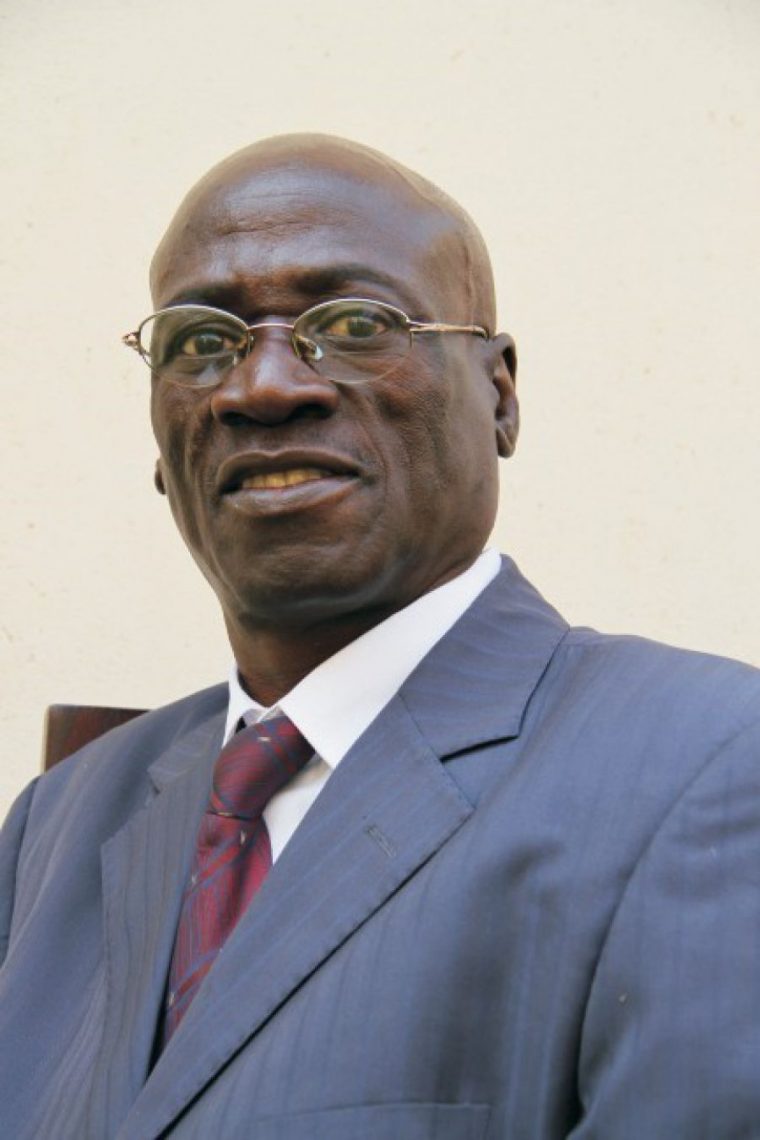A Zimbabwe African National Union-Patriotic Front Member of Parliament has welcomed the proposed National Competitiveness Commission Bill saying it will “act as a grinding stone, which will ensure that our global competitive edge is maintained in a razor sharp condition”.
Daniel Mackenzie Ncube said the commission would continuously monitor cost drivers in the business and economic environment and advise on the measures to be taken to enhance productivity and address current and emerging cost challenges.
“Our input costs are just too high,” he said.
“I understand the construction industry a bit. A bag of cement produced in Zambia, in Chilongo specifically can be delivered FOB to Harare for $6 but for a similar bag of cement produced by Lafarge in Mabvuku, the cost price is $10.
“These production costs cannot be sustained on the global stage. The major cost drivers being electricity. Our electricity, fuel and labour costs are just too high.
“These are areas which would be empirically interrogated and addressed by this apex body, the National Competitiveness Commission.”
Ncube went on: “Madam Speaker, is there a business case on why the price of water has got a fixed charge in Zimbabwe while there is no fixed charge in South.
“Is there a business case why fuel per litre on average is around 70 cents in the region, in Botswana, South Africa, Zambia and Mozambique while the average price for fuel in Zimbabwe is around $1.36 to $1.40?
“These cost drivers have got to be periodically reviewed and corrective measures taken, hence the need for this Competitive Commission Bill to sail through Parliament as soon as possible.”
(194 VIEWS)







0 Comments